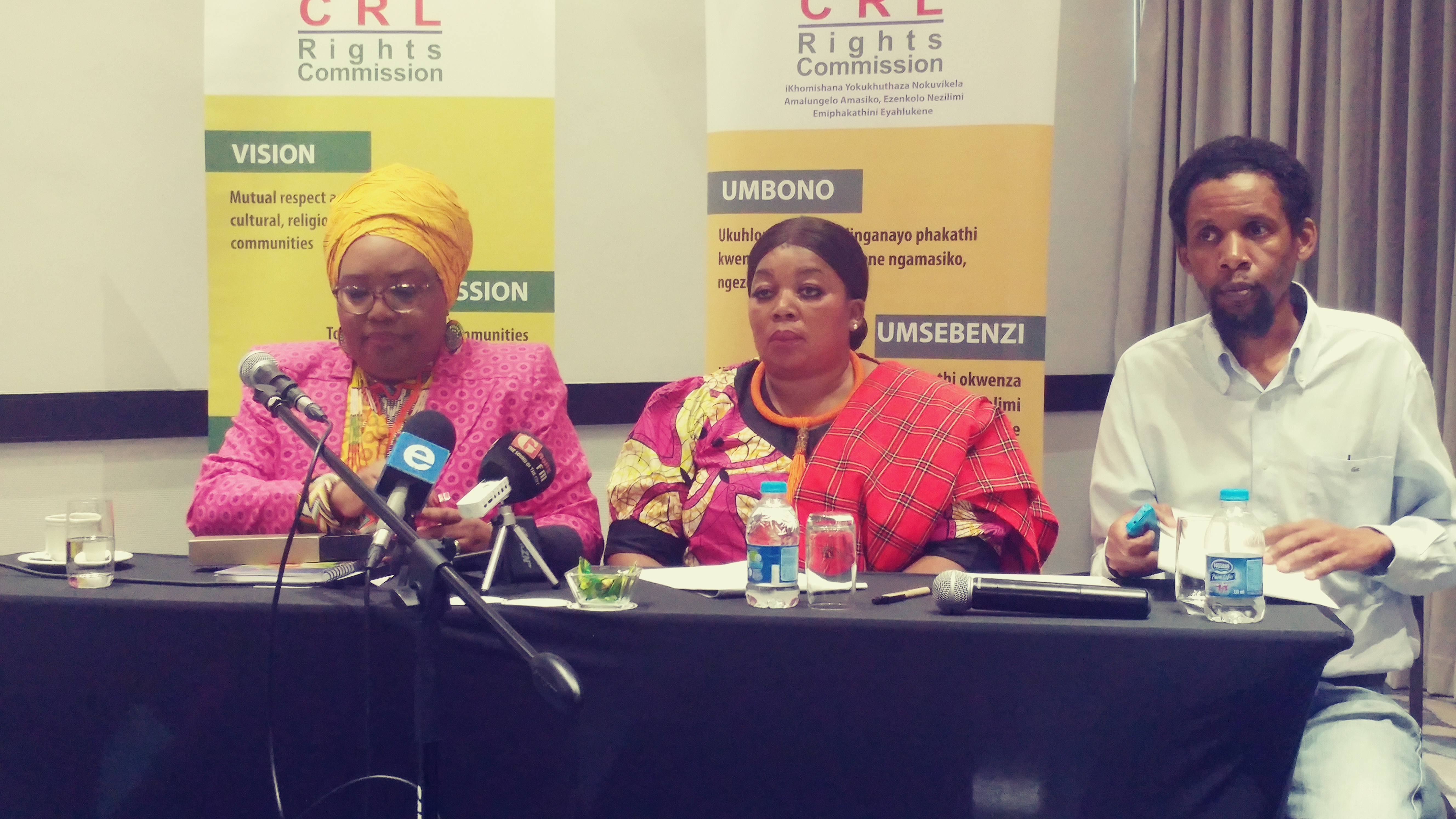
The Commission for the Rights of Cultural, Religious and Linguistic Communities (CRL) said on Thursday that schools that force children to cut their hair is a criminal matter that it will be taking drastic measures to deal with. This comes after the commission received numerous complaints by parents whose children are from the Nazareth Baptist Church about the practice.
Speaking at a press conference in Durban on Thursday, the commission’s chairperson Thoko Mkhwanazi-Xaluva says this was infringing children’s right to education and to religion.
“These children have a right to education and to religion, they can’t be made to choose between the two. Their religious rights are being violated consistently. It is our belief that they are being deliberately oppressed.”
“Several times we’ve said to the department they should charge these teachers because once they start cutting the children’s hair without a parent’s consent, that’s violation. We are still waiting for them to be charged, it hasn’t happened,” she said.
According to Xaluva, this is no longer just an educational matter, but also a criminal one. She says they have also encouraged the affected parties to lay criminal charges against the teachers who forcefully cut the pupils’ hair.
“These teachers are not only violating these children but they are mere criminals, the department of education should charge these teachers,” Mkhwanazi-Xaluva said.
The issue of learners who follow Shembe faith being forced to cut hair in some schools in the province has been controversial since a hair row incident first occurred in 2016, where numerous teenage boys were allegedly excluded from school after they refused to cut their hair for religious reasons.
The CRL says it has previously approached the department of education in the province but not much has been done since 2016.
Asked if schools should change their policies and rules in order to accommodate learners’ religious beliefs, the commission’s chairperson said schools should amend their policies.
“School policy should have an exception. One can only sign the school policy form if it’s constitutional and you are not signing your constitutional rights away,” Xaluva said.
Thabo Sambothi from the Nazareth Traditional Council said he has once found himself in taking the court route when the company he used to work for expected him to cut his hair.
“This problem has been going on for far too long. I used to work at a hotel and they forced me to cut my hair, that matter went as far as labour court,” he said.








